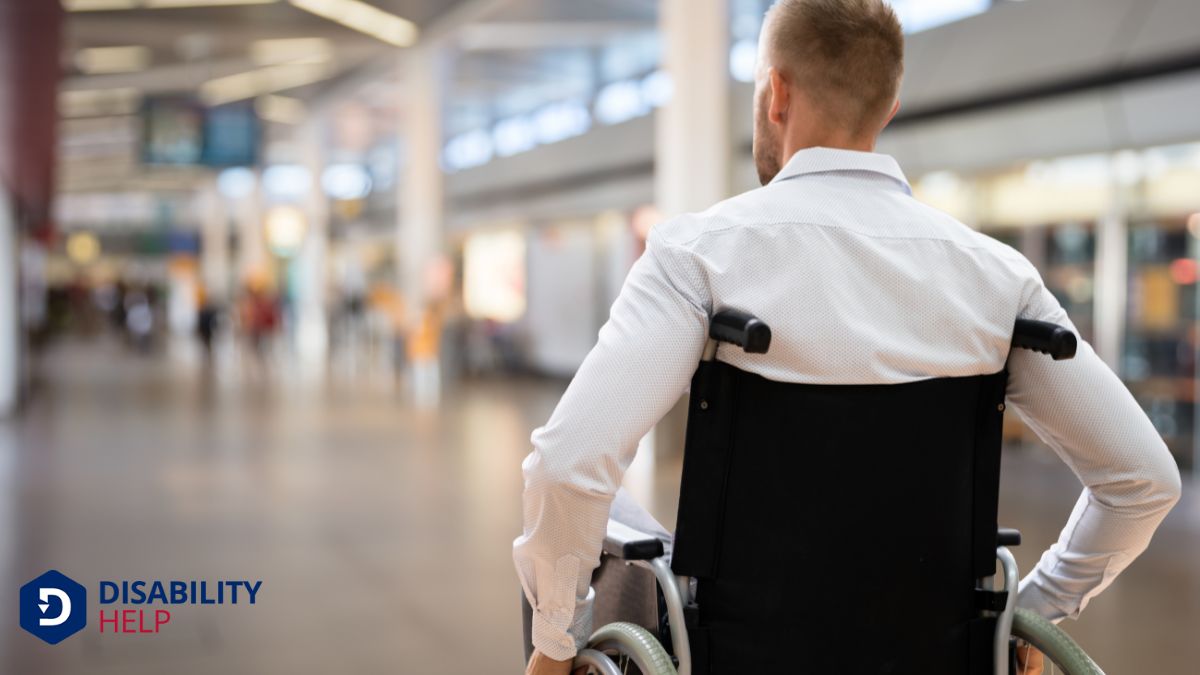When our disability transportation rights are violated, it's vital we take the right steps to address the issue. We should start by gathering all necessary evidence, like dates, times, and witness accounts, to build a strong case. Next, we need to identify the responsible agencyThe capacity of individuals with disabilities to act independently and make their own choices. to address our complaint effectively. Crafting a detailed complaint is essential, but what follows can be just as important. Let's explore the process further and make certain our voices are heard.
Key Takeaways
- Identify the correct agency based on the location and type of transportation service involved in the violation.
- Gather and document evidence, including dates, times, witness statements, and any photographic or video evidence.
- Clearly articulate the issue in your complaint, detailing the incident, its impact, and any service denial experienced.
- Submit your complaint to the appropriate authority, ensuring all relevant details and evidence are included.
- Follow up regularly on your complaint's status, keeping records of all communications and responses received.
Understanding Your Rights Under the Law

When it comes to understanding our rights under the law regarding disability transportation, it's essential we recognize the protections in place to guarantee equal accessThe principle that all individuals, including those with disabilities, should have equal opportunity....
The Americans with Disabilities Act (ADA)A U.S. law that prohibits discrimination against individuals with disabilities in all areas of publi... mandates that transportation services accommodate individuals with disabilities, ensuring they're not excluded or discriminated against. We should familiarize ourselves with the specific provisions, such as accessible vehicles, service animals, and fair fares. Knowing these rights empowers us to demand what we're entitled to.
If we encounter barriers, it's important to know that we can assert our rights and seek remedies. We must be aware of the obligations transportation providers have and the standards they must meet.
Gathering Evidence and Documentation
After understanding our rights under the law, the next step is to focus on gathering evidence and documentation. This process is essential because it strengthens our complaint and guarantees our voice is heard.
Let's make certain our evidence is clear and detailed:
- Record Dates and Times: Keep a log of each incident, noting when and where it happened. This helps create a timeline of events.
- Collect Witness Statements: If others were present, ask them to provide written statements. Their perspective adds credibility to our experience.
- Photographic Evidence: Take photos or videos of the situation, if possible. Visual proof can be compelling in illustrating the problem.
Identifying the Appropriate Agency or Authority
So, how do we determine which agency or authority to submit our complaint to?
We need to identify where the violation occurred. If it happened on public transportation, like buses or trains, we should contact the local transit authority or the Federal Transit Administration (FTA).
For issues with airlines, we should reach out to the Department of Transportation's Aviation Consumer Protection Division.
For taxis or rideshares, it's often the local or state regulatory body overseeing those services.
Each service type falls under different oversight, so pinpointing the right agency guarantees our complaint is heard by those who can take action.
Writing and Submitting Your Complaint
Before submitting our complaint, it's essential we clearly articulate the issue and provide relevant details.
We should capture the essence of our experience to guarantee our message is understood.
Let's include the following:
- Date and Time: Specify when the incident occurred. This helps pinpoint the event and shows we remember the details.
- Description of the Incident: Clearly describe what happened. Was there a delay, denial of service, or another issue?
- Impact on Us: Explain how this affected us emotionally and physically. Sharing our personal experience can foster empathyThe ability to understand and share the feelings of another, particularly important in understanding... and drive change.
Following Up on Your Complaint
Once we've submitted our complaint, it's vital to actively monitor its progress to guarantee it receives the attention it deserves.
We should note any confirmation numbers or references provided upon submission. Regularly checking in helps us stay informed about any updates or requests for additional information.
Let's set reminders to contact the agency or service provider every couple of weeks. When we follow up, we can politely ask for the status of our complaint and inquire about the next steps.
Keeping detailed records of all our communications, including dates, names, and content of conversations, is important.
This documentation guarantees we've a clear timeline of events, which can be valuable if the process doesn't move forward as expected.
Let's remain patient but persistent.
Seeking Further Assistance if Necessary

If our complaint isn't resolved to our satisfaction, we shouldn't hesitate to seek further assistance. Our rights matter, and we deserve solutions.
Let's explore additional steps:
- Contact AdvocacyThe act of arguing in favor of, supporting, or defending the rights and interests of individuals or ... Groups: Reach out to organizations like the Disability RightsThe legal and human rights afforded to individuals with disabilities, often the focus of advocacy an... Education and Defense Fund. They'll offer guidance and support, ensuring our voices are heard.
- Engage Local Representatives: Contact our local government officials. They have the power to address systemic issues and could advocate for us on a larger scale.
- File with Federal Agencies: We can escalate our complaint to the Department of Transportation or the Department of Justice. These agencies are equipped to handle violations and can enforce compliance.
Conclusion
In summary, we must stand up for our rights and guarantee our voices are heard. By gathering evidence, identifying the right agency, and submitting a detailed complaint, we're taking vital steps toward resolution. Let's not forget to follow up consistently and keep detailed records of all interactions. If we need further assistance, there are resources available to support us. Together, we can work toward a system that respects and upholds our transportation rights.






